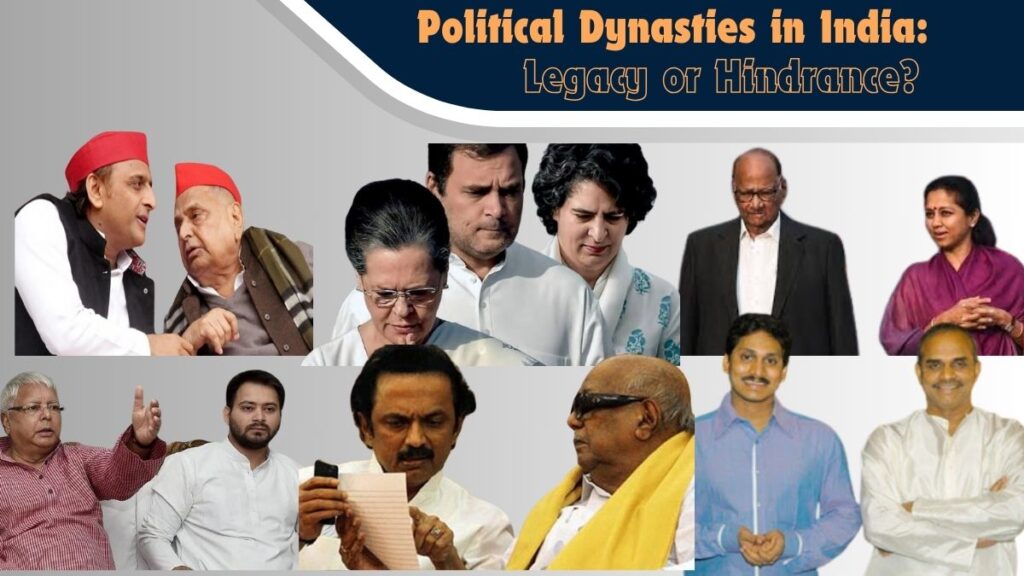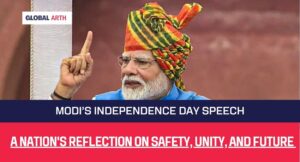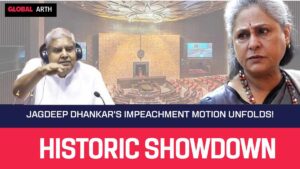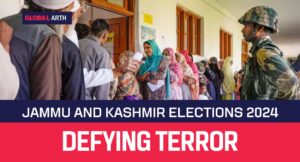Political Dynasties in India: The Legacy and Its Impact

Political Dynasties in India: Legacy or Hindrance?
Politics in India, much like business, often involves the passing of the torch from one generation to the next. This legacy transfer is not new; it has deep roots in Indian tradition, much like the old business families where sons were groomed to take over the family enterprise. There’s a certain continuity in this practice, which some argue keeps the family legacy intact and strengthens the party.
Historically, political dynasties have played a significant role in shaping Indian politics. Post-independence, the Congress party dominated the political landscape, with no major opposition. However, by the late 1970s, regional parties began to emerge, significantly influencing the political dynamics of the country.

One notable example is the Dravida Munnetra Kazhagam (DMK) in Tamil Nadu. Founded by C.N. Annadurai, the party saw significant leadership under M. Karunanidhi, who successfully passed the baton to his son M.K. Stalin. The DMK has seen alternating power shifts with the All India Anna Dravida Munnetra Kazhagam (AIADMK), initially led by M.G. Ramachandran (MGR) and later by J. Jayalalithaa.

Similarly, in the northern states, political families have had a profound influence. The Samajwadi Party, founded by Mulayam Singh Yadav, saw his son Akhilesh Yadav taking over the reins. Despite internal family conflicts, Akhilesh managed to carve out his leadership with the support of key family members.
In Bihar, Lalu Prasad Yadav’s Rashtriya Janata Dal (RJD) continues to be a significant player, with Lalu grooming his son, Tejashwi Yadav, to take over. Despite Lalu’s health issues and legal battles, Tejashwi has been positioned as the Deputy Chief Minister, ensuring the party’s continuity.

The DMK Legacy: A Smooth Transition?
Recent developments in Tamil Nadu highlight the ongoing tradition of political legacy. Chief Minister M.K. Stalin is set to visit the United States on August 22, amidst speculation of a cabinet reshuffle. The most notable change is the likely appointment of his son, Udhayanidhi Stalin, as the Deputy Chief Minister.
This move is seen as a strategic preparation for the upcoming assembly elections in 2026. Historically, Tamil Nadu has witnessed a pattern where the ruling party is often ousted in the subsequent election. However, the DMK aims to break this trend, similar to how AIADMK achieved consecutive wins under Jayalalithaa in 2011 and 2016.
Jayalalithaa’s failure to groom a successor has left a significant void in AIADMK, leading to internal conflicts and a weakened party structure. In contrast, M.K. Stalin’s decision to elevate Udhayanidhi is seen as a proactive step to ensure a seamless transition and maintain party strength.
Political Dynasties: A Double-Edged Sword
While the transfer of political legacy is often seen as a means to maintain stability and continuity within parties, it also raises concerns about the concentration of power and lack of fresh leadership. Critics argue that this practice undermines democratic values and limits opportunities for new leaders to emerge.
In Maharashtra, the Nationalist Congress Party (NCP) has seen similar dynamics. Sharad Pawar’s efforts to position his daughter Supriya Sule as his successor led to internal strife, with Ajit Pawar breaking away to ally with the BJP. Such internal conflicts often weaken the party and divert focus from governance to managing internal disputes.

The same scenario played out in Andhra Pradesh, where Y.S. Jagan Mohan Reddy succeeded his father, Y.S. Rajasekhara Reddy, as Chief Minister after his father’s untimely demise. Despite internal challenges, Jagan managed to consolidate his position and lead the party to victory.

The Future of Political Dynasties
As we look towards the future, the role of political dynasties in India remains a contentious issue. While some see it as a necessary mechanism to ensure continuity, others view it as a hindrance to democratic progress. The upcoming reshuffle in Tamil Nadu’s cabinet and the potential elevation of Udhayanidhi Stalin will be a critical test for the DMK’s strategy.
Should political parties focus more on grooming new leaders rather than passing on the legacy to family members? Share your thoughts in the comments below!





